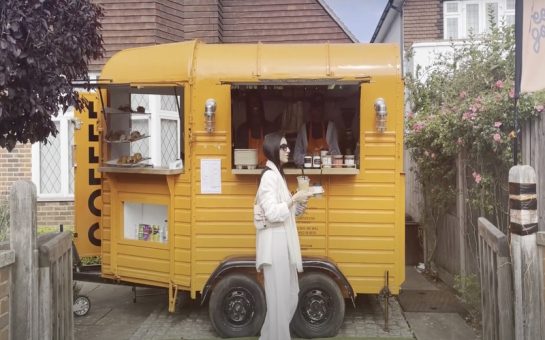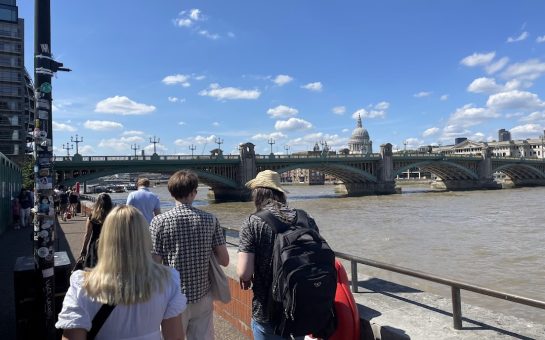There were 10,726 rough sleepers in London between April 2019 and March 2020, according to concerning data compiled by multi-agency database the Combined Homelessness and Information Network (CHAIN).
These figures represent a 21% increase in homelessness in the capital – compared to the total of 8,855 people seen in 2018/19.
There was also a 28% increase in those who had become newly homeless in London, with 7,053 new rough sleepers recorded in 2019/2020 in comparison with 5,529 in the previous year.
Jon Sparkes, chief executive of homeless charity Crisis, said that these are worrying figures to see prior to Covid-19, since the pandemic has only seen more people lose their jobs and homes.
He commented: “These figures reveal that, pre-pandemic, we were seeing record levels of people sleeping rough in the capital.
“This is not only deeply alarming, but it shows just how dire the underlying situation was even before the coronavirus outbreak.”
Melissa Kerschen, Senior Communications Manager at Glass Door Homeless Charity, said the most troubling takeaway from the data was the rise in people becoming newly homeless.
She said: “When you look at the figures, I think that’s the main trend. There are too many people who are newly arriving on the streets, and that’s a serious problem.
“I think it’s true that as a society we have got better at making sure people have more options – we have shelters, charities etc. I think that’s something to celebrate.
“But there are structural issues. There needs to be more affordable housing, because you can’t solve homelessness without figuring out where people can go.”
Kerschen added that the coronavirus pandemic has highlighted the issues with affordable housing in the UK, meaning we will likely see yet another surge in homelessness when data is collected from over the past year.
She said: “This year in particular, the economy has had such a huge blow.
“So many people have lost their jobs, the hospitality industry is in tatters, and you can see people falling through the holes and gaps in the system.”
Kerschen’s comments come as The Resolution Foundation reported last week that 450,000 families have been pushed into housing debt as a direct result of Covid-19.
CHAIN’s 2020/2021 report, which will expose the impacts of coronavirus on the homeless crisis, is due to be released in late 2021.
As the 2019/2020 report reveals however, there were still plenty of people being driven to rough sleeping even before the pandemic hit.
CHAIN’s analysis revealed that there were 3,673 long-term rough sleepers in 2019/2020, 2,377 of whom had been recorded as rough sleeping in the 2018/19 report and 1,296 of whom had had returned to rough sleeping after at least a year away.
Kerschen said: “There is a variety of reasons people become homeless, so it’s hard to talk about any typical person. Problems range from family breakdown, to divorce, and we also see a lot of mental health issues in the people who come to our shelters.
“The problem I have however in trying to find causes for homelessness, is that it feels like we’re trying to place blame on the person who has become homeless.
“People have always had mental health issues, people have always had family problems, so why now is homelessness increasing?
“It’s not that divorce is increasing, it’s that there are larger structural issues at hand, and the social safety network that was once there has been chipped away and eroded over the past 15 years.”
Sparkes added: “As we look ahead, the Government must tackle the root causes of homelessness – which include high rents and a lack of truly affordable housing – if we are ever to achieve the goal of ending rough sleeping for good.”
You can learn more about the work Crisis does to tackle homelessness here.
For more information about Glass Door Homeless Charity, you can click here.
You can also read about some of the people the charity has helped, including Freddie, who lost his job, home, and wife during the pandemic, on this page.




